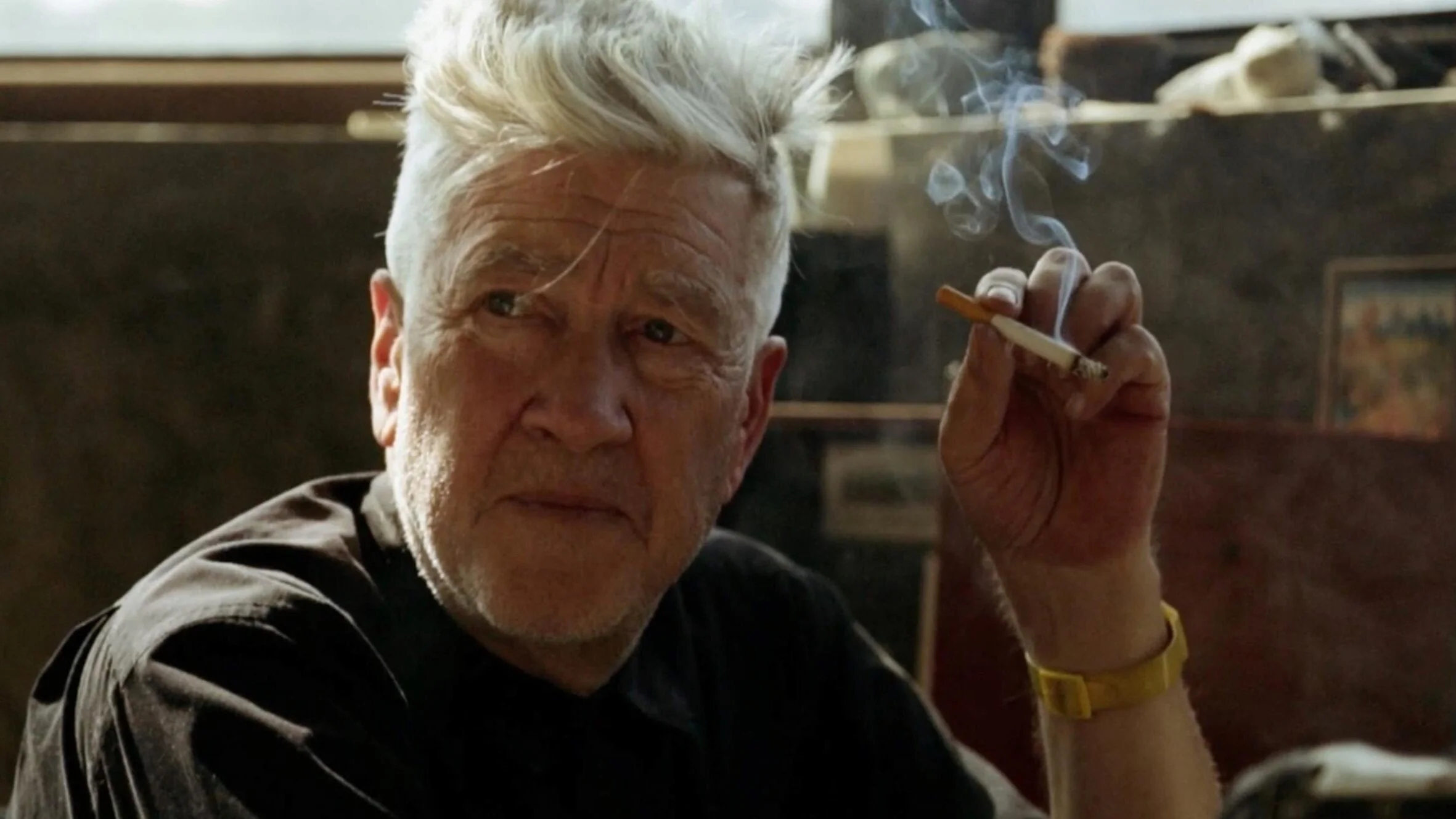David Lynch: The Art Life
A once reluctant interviewee speaks but reveals little.
David Keith Lynch
The publicity notes for this film reveal that back in 2006 David Lynch was reluctant to give interviews but we are then told that all that changed with the birth of his youngest daughter in 2012. Since then he has entered into more than twenty audio conversations which have now become the basis of this film. From that you might suppose that David Lynch: The Art Life would be as frank and informative as the 2015 documentary De Palma. Not so. Where Brian De Palma spoke direct to camera, Lynch essentially provides a voice over. That's so even though we see him at length as he is today as well as in old footage. Yet what proves crucial is that, in contrast to the open candour of De Palma, he shrinks from disclosing so many details that matter.
That fact gives extra prominence to the moment when, talking about his family's move from Ohio to Virginia, he starts to tell of the actions of a male neighbour but then breaks off saying that he cannot complete that story. Elsewhere, however, he does recount a childhood incident when he beheld a distressed and totally naked woman in the streets. That does at least point towards the atmospheric strangeness of some of his films although, aside from two shorts, The Alphabet and The Grandmother, this documentary, by choosing to cut off at the point in his history when Lynch got to L.A. and embarked on Eraserhead, ignores his work for the cinema (we don't even glean what, if anything, the cinema meant to him as a youngster and, with his painting central to his art life here, we never learn which art he now regards as his prime form of expression).
What we can reasonably expect from this film is a clear view of his formative years, but we don't even get that. For example, he praises his parents and the secure love that they offered but refers to three or four incidents that would seem to cast his father in a very different light. On leaving home for art school in Boston he spent two weeks indoors, an example of truly extreme behaviour that is merely described as being due to a nervousness of going out. The birth of his first daughter is discussed, but the divorce that followed is relegated to an aside. Earlier he had uprooted himself to study art in Europe but the project had been aborted within days of his setting out: we never learn why.
Lynch would eventually find inspiration in Philadelphia among good students, yet his reaction to the city, presented here in its worst possible light, seems almost paranoid. And, although he criticises his own early work as a painter because he was still finding his way, he can't really explain what it was he was seeking other than to indicate that out of a world of darkness he hoped to catch sight of a splendour and become himself. But while that darkness would seem to be linked closely to his own life what really caused him to inhabit that particular world for so long is not made clear at all. Lynch's admirers who regard themselves as completists will want to see this film regardless, but illuminating it is not.
MANSEL STIMPSON
Featuring David Lynch.
Dir Jon Nguyen, Rick Barnes and Olivia Neergaard-Holm, Pro Jon Nguyen, Jason S. and Sabrina S. Sutherland, Ph Jason S., Ed Olivia Neergaard-Holm, Music Jonathan Bengta.
Duck Diver Films/Hideout Films/Kong Gulerod Film/Xanf Studio-Thunderbird Releasing.
88 mins. USA/Denmark. 2016. Rel: 14 July 2017. Cert. 15.


